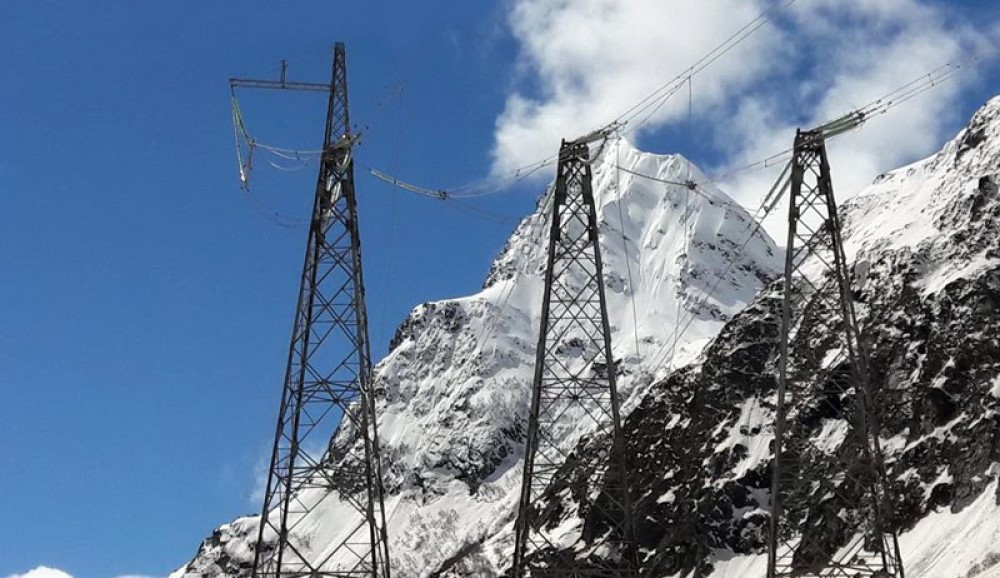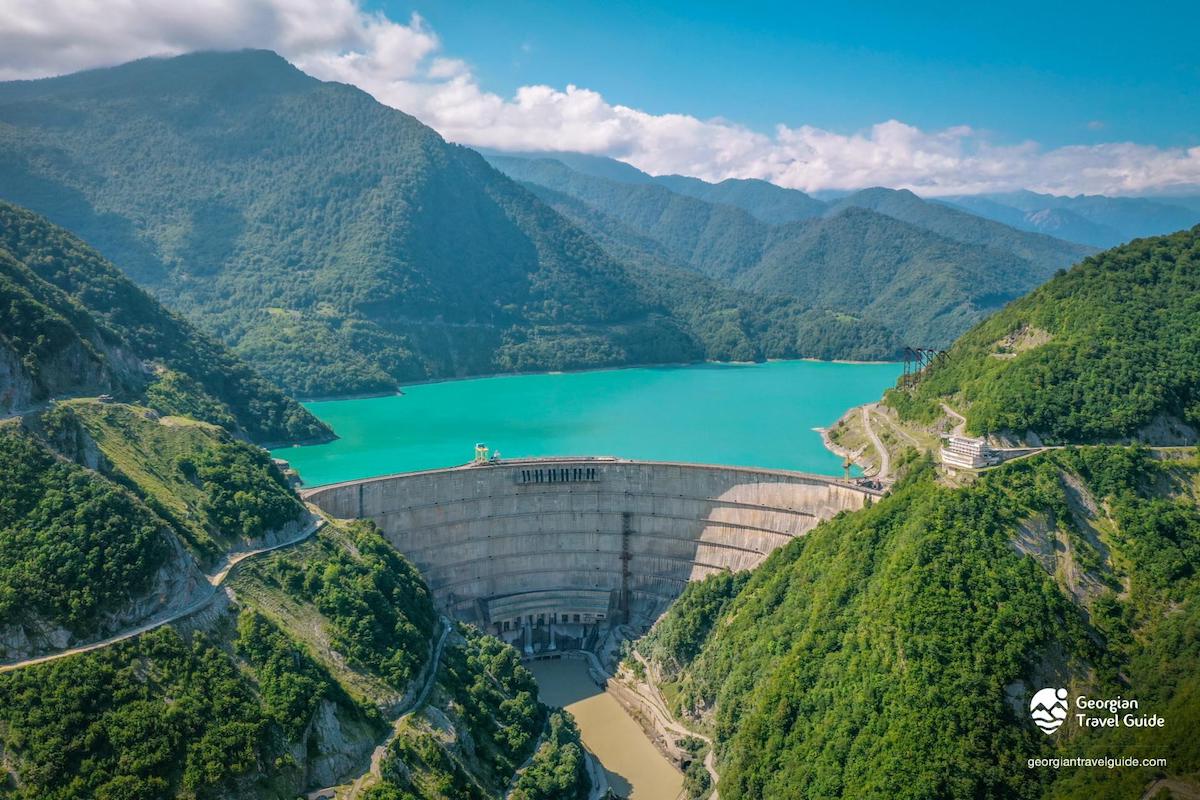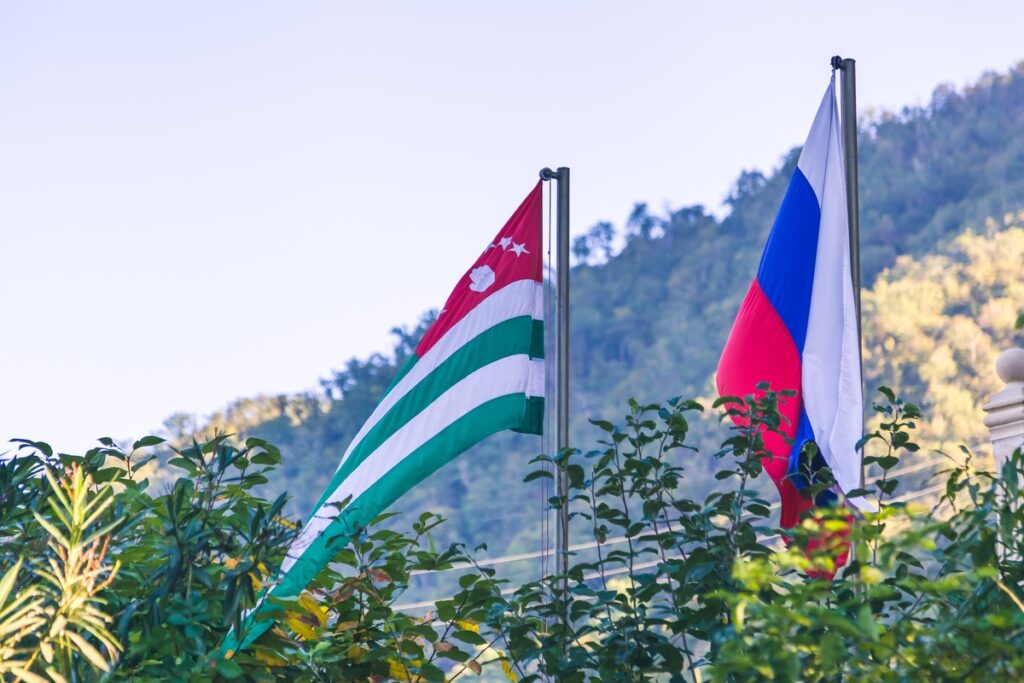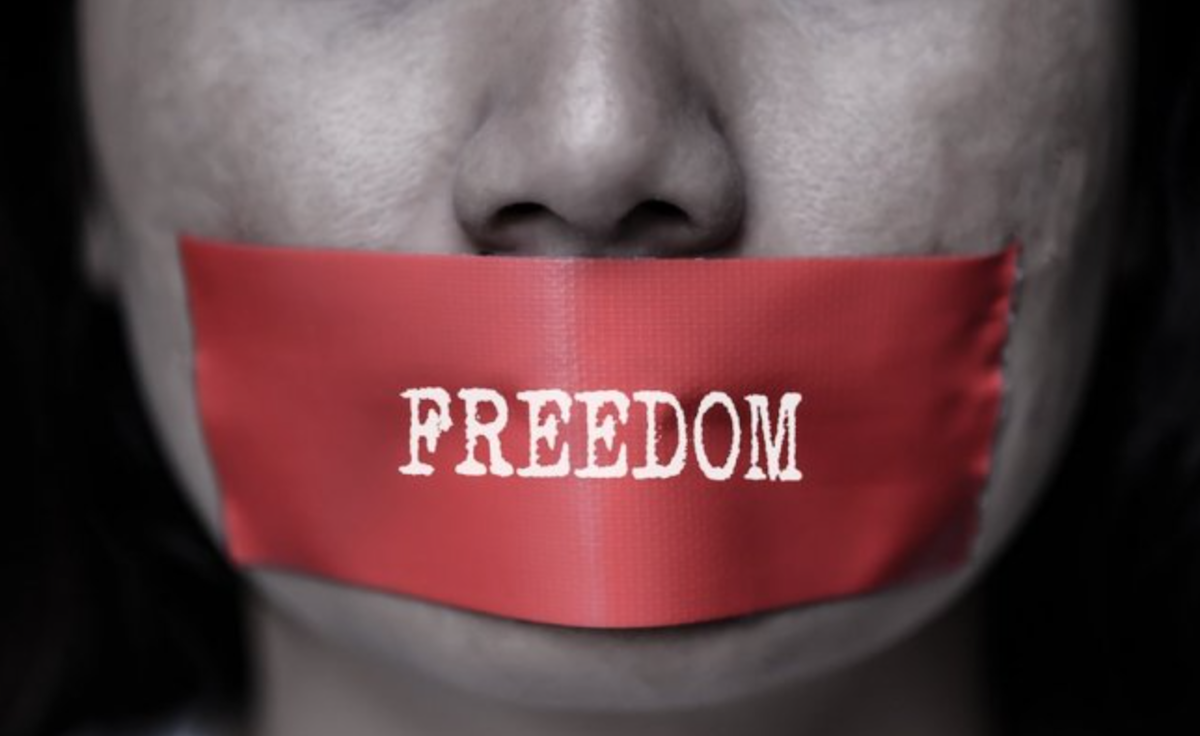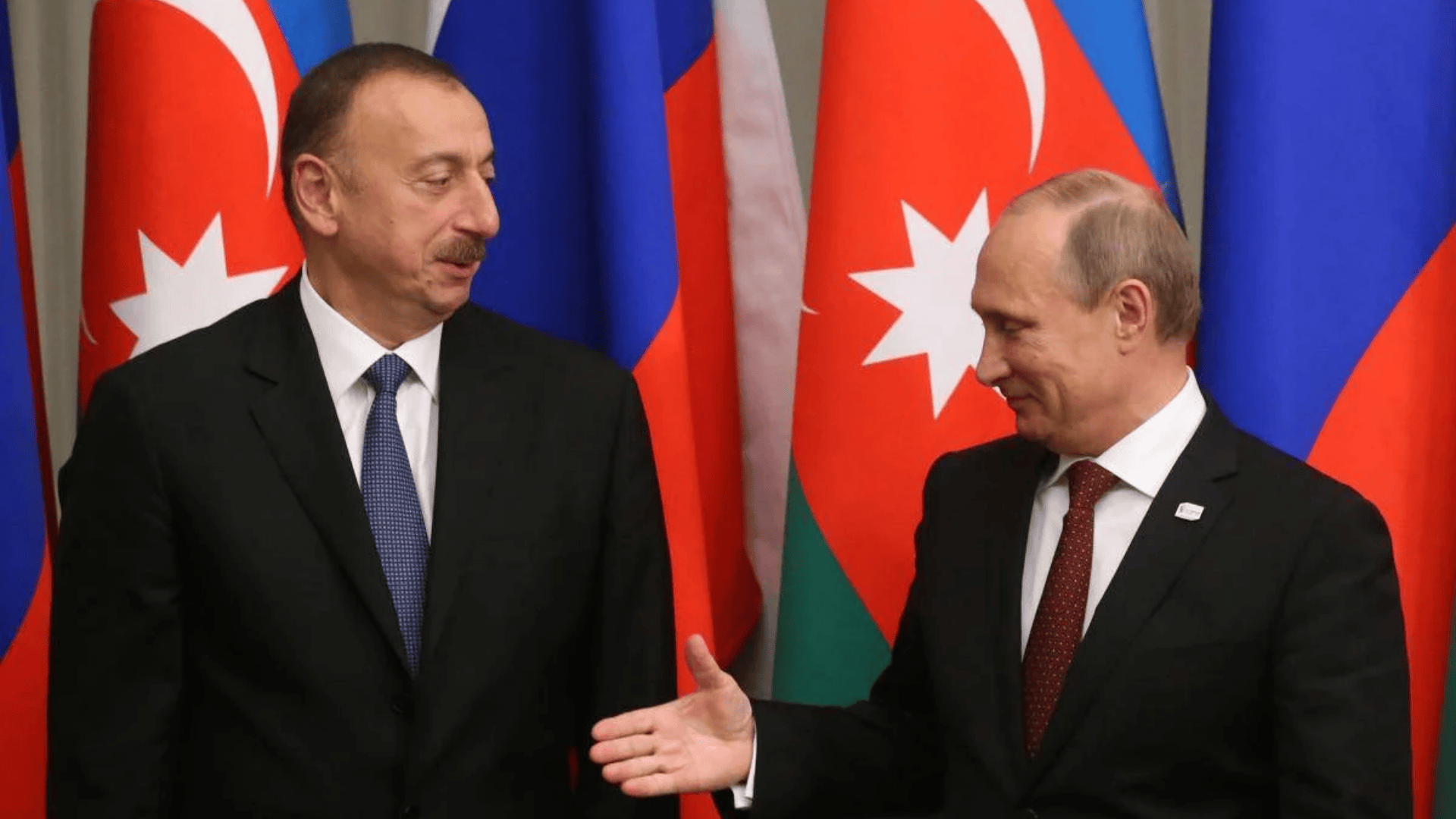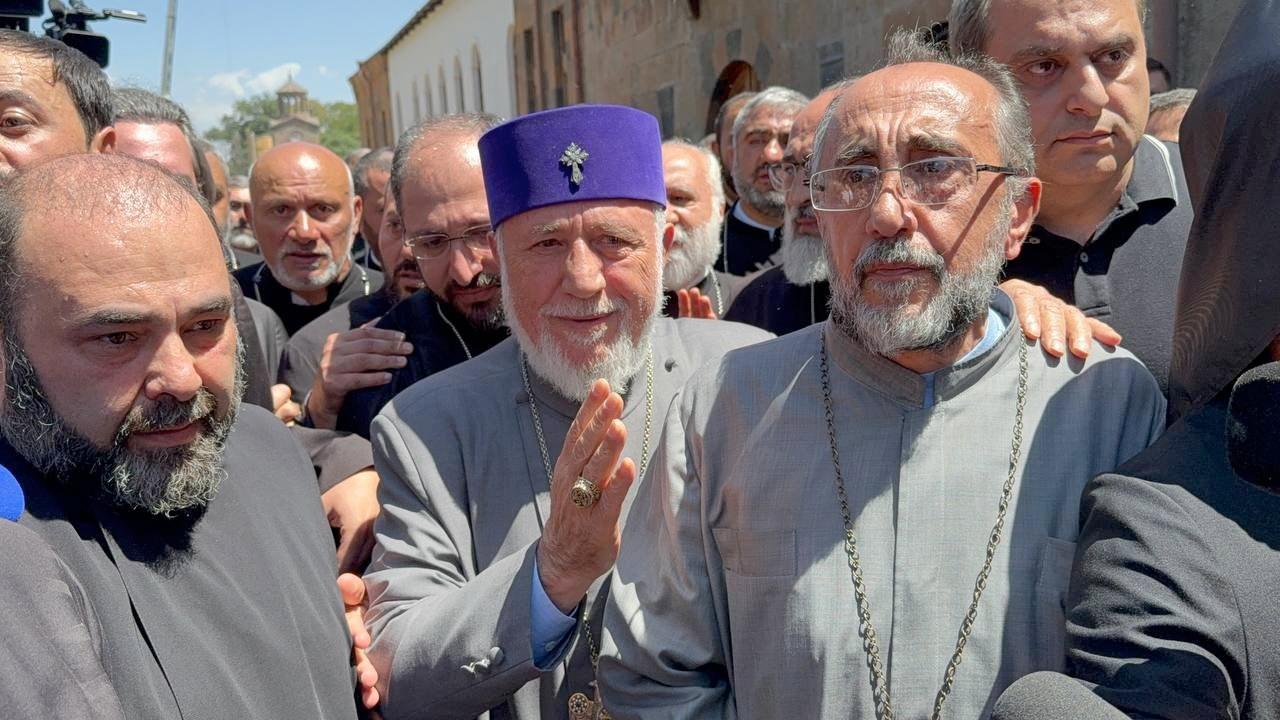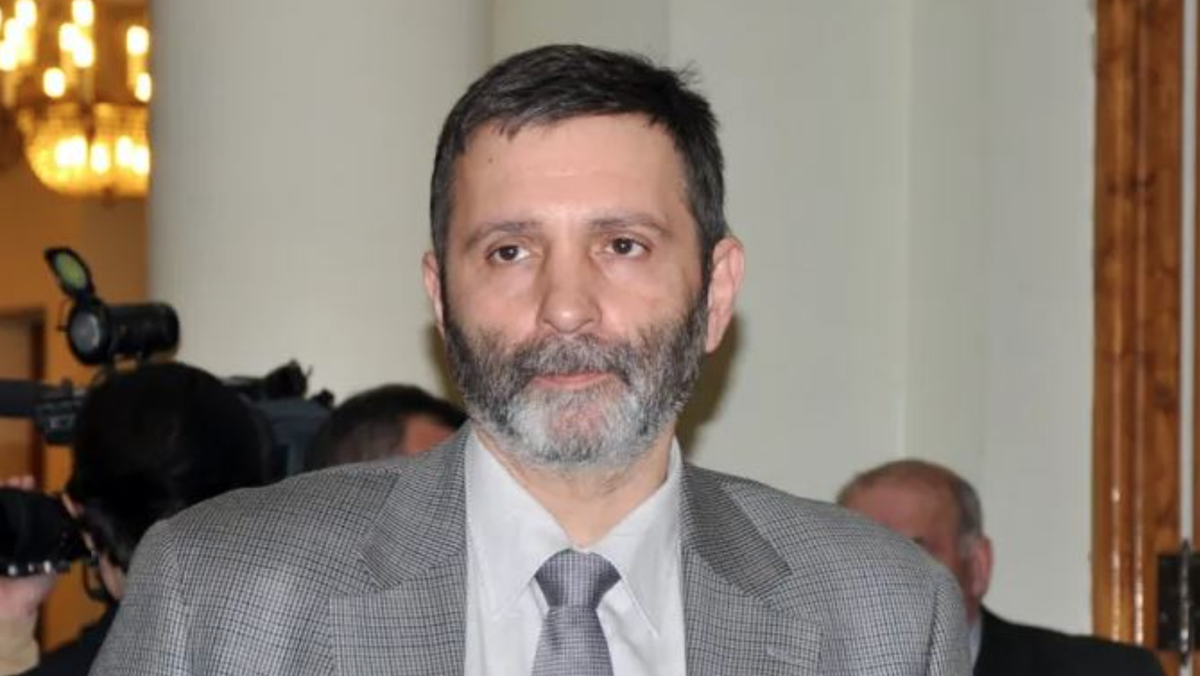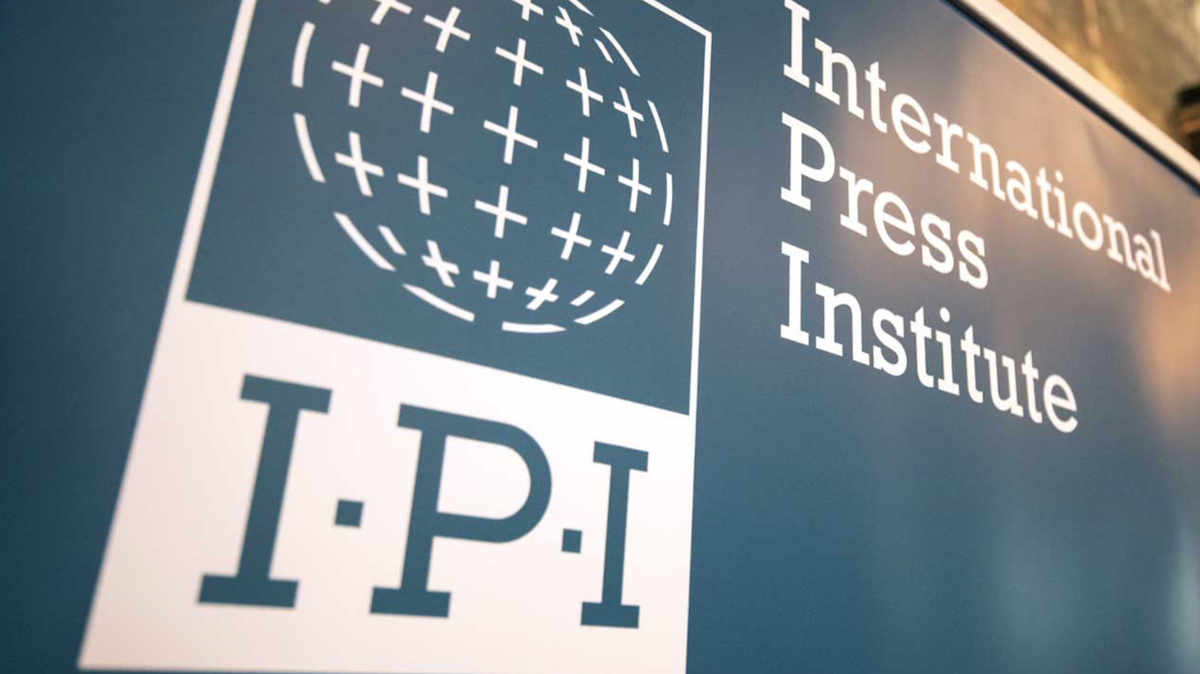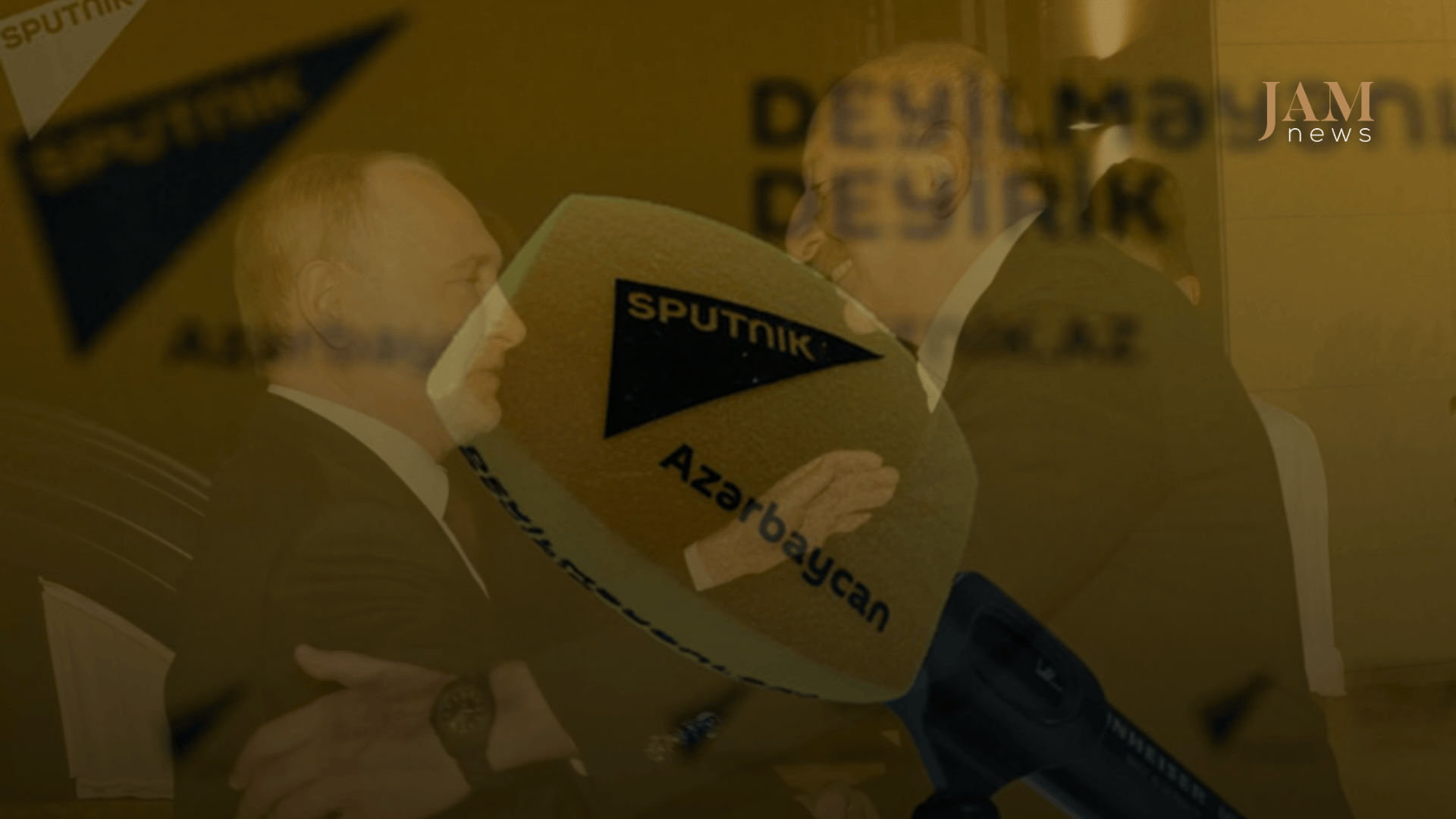Why Abkhazia doesn't benefit from the Kavkasioni power line and won't
This story begins almost like a Caucasian toast: high in the mountains of Abkhazia runs the Kavkasioni power line. For many years, no one thought about it, and many might not have even known of its existence.
But in December 2024, Abkhazia faced an energy collapse, and they suddenly discovered that this line could have brought much-needed money to the republic. But it doesn’t, and most likely, it never will. Here’s why.
- “If cryptocurrency mining isn’t stopped, Abkhazia will sink into darkness.” Opinion
- Opinion: Reforms in Abkhazia are inevitable, and Moscow must take this into account
An Estranged Line
The Kavkasioni power line is a cable which transports electricity from Russia into Georgia. For about 34 kilometers, it runs through the territory of Abkhazia.
During one of the open meetings with lawmakers, Minister of Energy and Transport Jansukh Nanba explained that until 2014, there was an agreement between Russia and Abkhazia under which Abkhazia, as a participant in the transit, received around 80 million rubles [just over $756,000] annually for maintaining the line.
However, after 2014, Russia terminated this agreement, and since then, Abkhazia has not earned a single penny from the line.
“I had a conversation at the Russian Ministry of Energy, but they told me that ‘Kavkasioni’ is no longer on the balance sheet of Russian energy companies; it has been transferred to Georgia,” Nanba told the lawmakers.
And Georgia, which considers Abkhazia part of its territory, naturally has no intention of paying anything for the transit. Moreover, from this perspective, it’s not even considered transit at all.
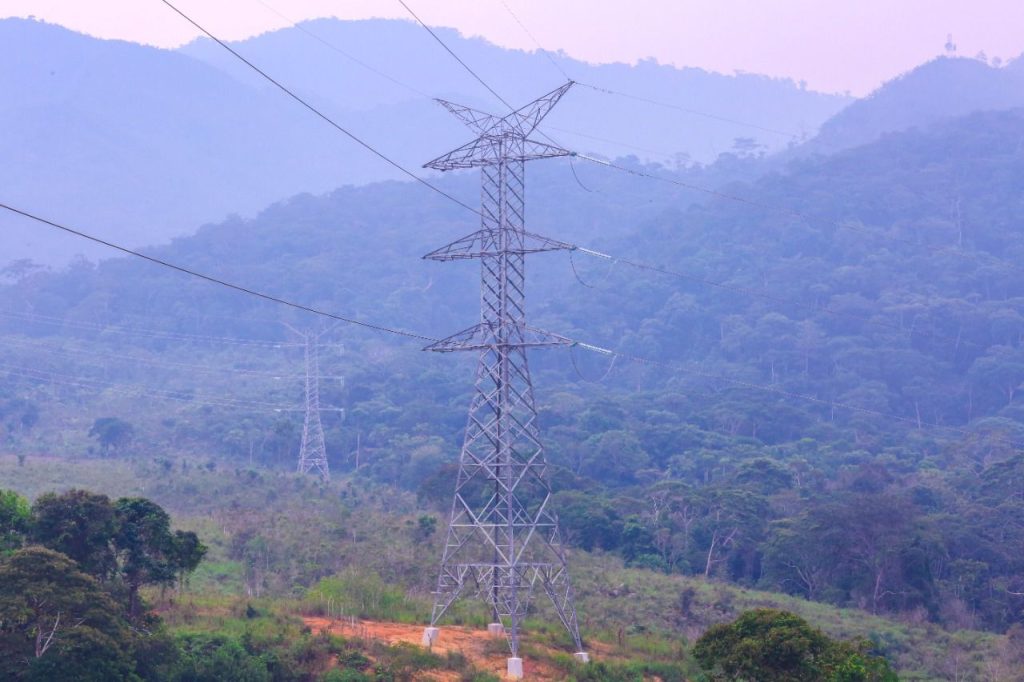
“Or maybe we should shoot it down?”
Acting Prime Minister of Abkhazia Valery Bganba instructed ministers to investigate how the high-voltage power line could be brought back under Abkhazia’s jurisdiction and how to start receiving dividends from it again.
Parliamentary deputy Kan Kvarchia is especially hostile toward the Kavkasioni power line. In his view, if the cable isn’t benefiting Abkhazia, it could simply be destroyed. During a meeting with energy officials, he said:
“An enemy’s (i.e., Georgian) electricity flows through our territory, and we get no benefit from it. Maybe we should just shoot this line to make sure it’s gone.”
The energy officials themselves say they see no way to regain control of the line or collect transit fees. One reason for this is that Abkhazia lacks any specialists capable of servicing the cable. Opposition lawmakers claim to have information that Georgians living in the mountains of Abkhazia maintain and repair the line. Energy officials confirmed that “the situation is practically like that.”
The lawmakers also suspect that some money is being paid for the transit through the Kavkasioni line, but unofficially and not to the energy company’s account, rather into someone’s personal pocket. However, there is no evidence to support this theory.
How Abkhazia Survived “The End of the World”
Abkhazia faces a severe electricity shortage every winter—specifically, from October to April, when water levels at the Inguri Hydro Power Station, which supplies the republic, drop.
In previous years, free electricity from Russia the deficit. But in 2024, the Kremlin, angered by Abkhazia’s failure to meet its commitments, cut both financial aid and free electricity. The Russian president’s administration announced that from now on, Abkhazia would have to purchase electricity at market prices. Abkhazia did not have the funds for that.
From December 9 to 23, Abkhazia imposed strict electricity restrictions were imposed: while previously rolling blackouts lasted four to six hours, now there was no electricity during the day at all.
People began buying diesel generators in large numbers. Some even managed to install them in apartment buildings.
“We put a generator in a utility room next to our apartment. It’s noisy, but at least it’s warm, and we can watch TV,” said one resident of Sukhum.
Shops, in order to keep their refrigeration equipment running, were forced to spend nearly all their earnings on fuel.
“All of our daytime earnings went to buy fuel. We kept filling our generator with diesel just to keep the store running. We had to raise prices on some items to avoid going into the red,” recalled the owner of a shop in Sukhum.
At the end of December, Acting President Badra Gunba sent a letter to the Kremlin requesting assistance, and Russia agreed to resume its “humanitarian electricity aid” to Abkhazia. Life returned to a more or less normal rhythm.
However, according to Minister Jansukh Nanba, this free electricity amounts to 327 million kWh, and with a daily consumption of 7.8 kWh, it will last for 42 days.
To make it through until April, when the Inguri HPP reservoir begins to fill again, the Ministry of Energy and Transport plans to develop an optimal electricity distribution schedule based on consumption levels, weather, and HPP readings.
“After the New Year holidays, rolling blackouts will likely be increased,” Jansukh Nanba announced.
The terms, place names, opinions, and ideas expressed in the publication do not necessarily reflect the views and ideas of JAMnews or its individual staff members. JAMnews reserves the right to remove comments on publications that are deemed offensive, threatening, incite violence, or ethically unacceptable for other reasons.










